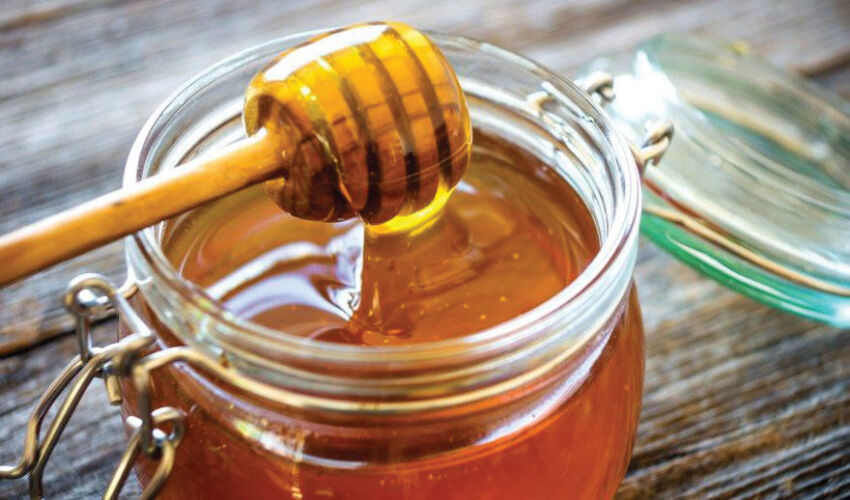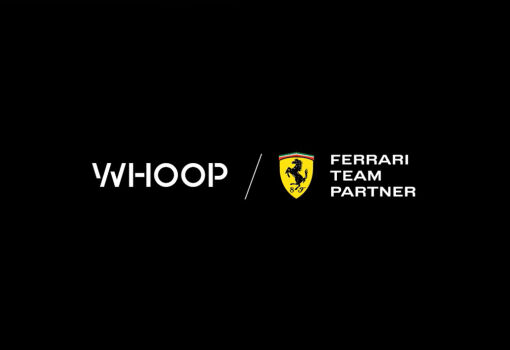
First of all, it is necessary to pay tribute – there are achievements, and they are significant. As one economist-blogger widely known in RM rightly noted, if a decade and a half ago the export of Moldovan honey was symbolic and rudimentary, a few years ago, at the “peak of form”, beekeeping in RM showed its best result – export of almost 5 thousand tons of honey, totaling about 15 million euros. Then, however, followed a sharp decline in external supplies (mainly to the European Union, specifically Romania and Italy) due to the expansion of Chinese and Ukrainian honey on the European market.
Last year, according to MAIA data, Moldovan honey producers and exporters seemed to be doing well again. The country produced more than 5 thousand tons of commercial honey, and exports of this product amounted to 4.1 thousand tons.
The problem is that, according to the executive director of the National Association of Beekeepers of Moldova ANARM Ion Maxim, beekeepers and traders have dangerously large stocks of honey from the harvest of the last and previous years, exceeding the average annual export figure by about three or four times. Obviously, it will be difficult to sell this product quickly and profitably, i.e. at a good price. Even despite the slightly improving supply/demand and price situation on the EU market.
In the short term, some of the honey stocks may find other uses. Beekeepers note that the first commercial honey harvest in 2025 – from acacia, flowering forest vegetation and rapeseed – was weak. Beekeepers’ measurements show that under conditions of problematic blooms and weather changes, the bee families’ forage base is now weak and they are beginning to absorb the small amount of fresh honey they have been able to produce. In such a situation, some beekeepers say that for the sake of preserving the number and health of bee families, they will not pump out the first collection of honey at all. In this situation, the honey reserves from previous years may be very useful.
Besides, according to Ion Maxim, beekeeping in RM has a great potential, which is still poorly realized – sales on the domestic market. He is echoed by MAIA. According to ministerial estimates, the annual per capita consumption of honey in Moldova does not exceed 600 grams at best. Even in the poorest (Balkan) countries of the European Union, the internal consumption of honey is many times higher. Calculations show that if Moldova approaches its southwestern neighbors in terms of this indicator, the country will simply not need exports (and even at relatively low prices, but with the risk of complaints for one or another, real or imaginary reasons).
However, the popularization of honey consumption in the Republic of Moldova by the state, alas, still exists only at the declarative level. Yes, along with the idea of “an apple for schoolchildren”, the idea of “a spoonful of honey for schoolchildren” was also discussed in governmental circles. In the sense that the implementation of these ideas could be carried out through direct funding from state, municipal or donor programs. At that time, the idea ran into logistical and sanitary difficulties. However, if desired, these obstacles can be overcome (by the way, as the experience of the same neighboring countries has shown, such programs have worked in some of them).
However, as MAIA notes with a great deal of pathos, AIPA annually allocates significant financial resources to support the development of beekeeping through AIPA. In 2024, through the advance payment mechanism, 67 farmer files were authorized for subsidies worth MDL 55.56 million, and through the post-investment payment mechanism, 61 files were submitted for subsidies worth MDL 9.75 million. About 80% of the applications for advance subsidies come from the beekeeping sector, which “confirms the dynamism and increased interest of beekeepers in modernization”.
No one disputes these facts. But the ANARM association is concerned that it is increasingly difficult to find those willing to participate in government-subsidized and donor-stimulated investment projects. The burden of unresolved problems is pressing.
In particular, for many years the country has not formed an adequate register of apiaries and farmers-beekeepers. Because of this, beekeeping (like the dairy sector) does not receive subsidies-payments per kilogram of commercialized products. For the same (but probably not the only) reason, beekeeping, along with vegetable and beetroot farming, was not included in the new draft law on financial support of agriculture in RM as a sector with direct and mandatory subsidies.
However, as some well-known and most efficient Moldovan beekeepers believe, subsidizing is useful and pleasant, but even more important is the availability of good, i.e. rich and not “regulated” sales channels and markets.

